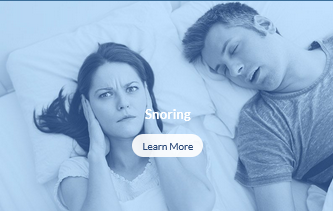
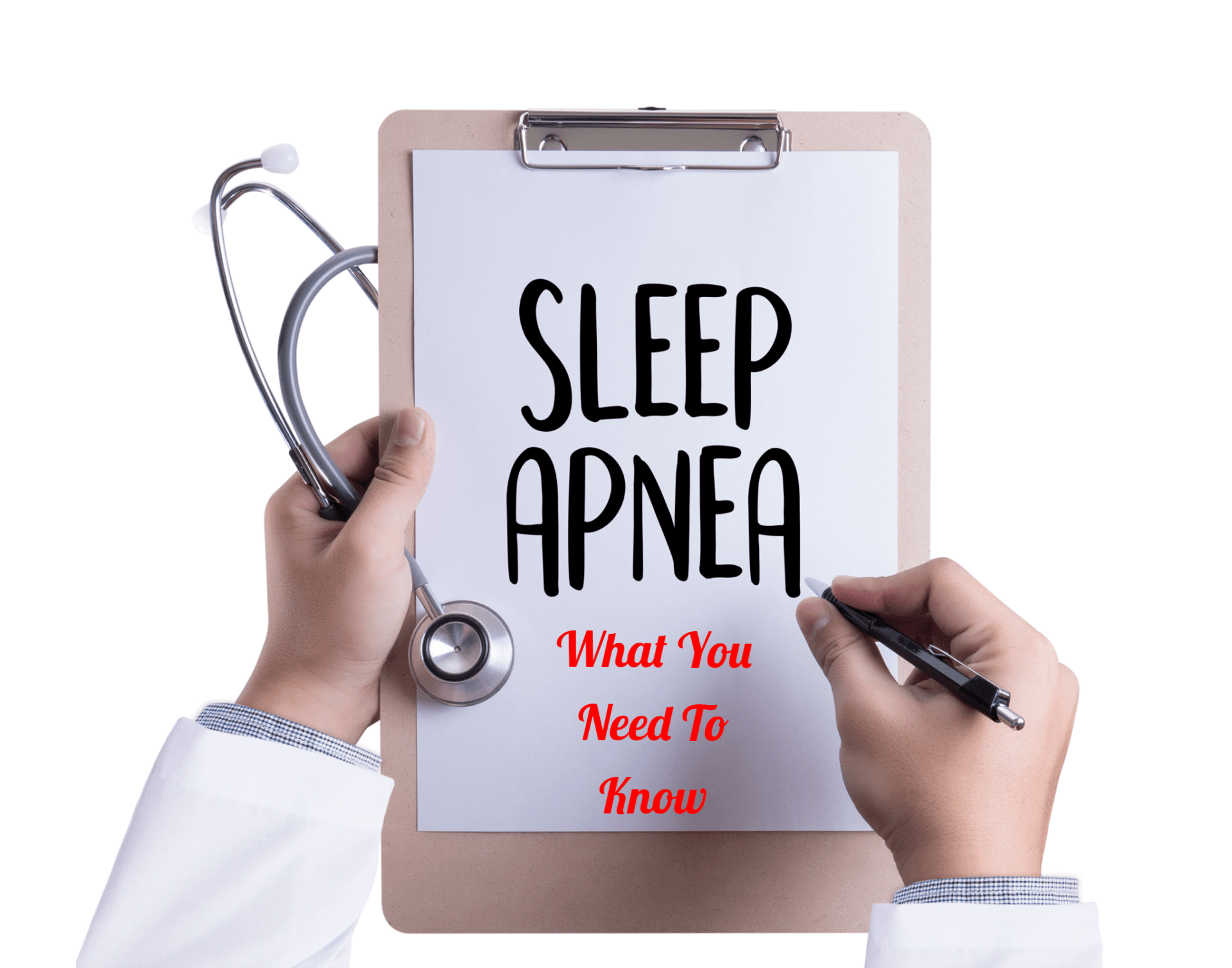
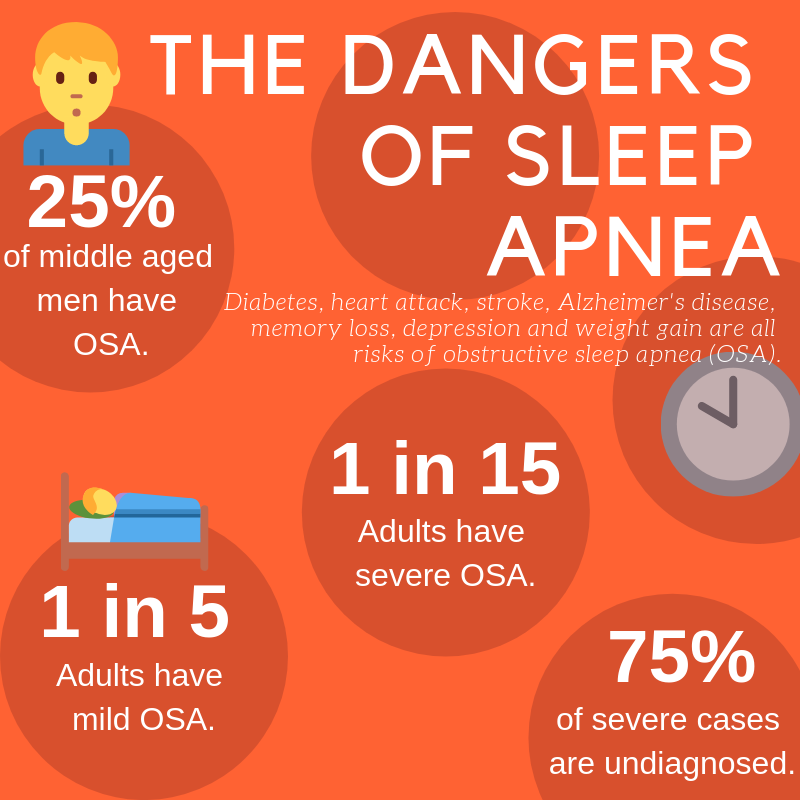
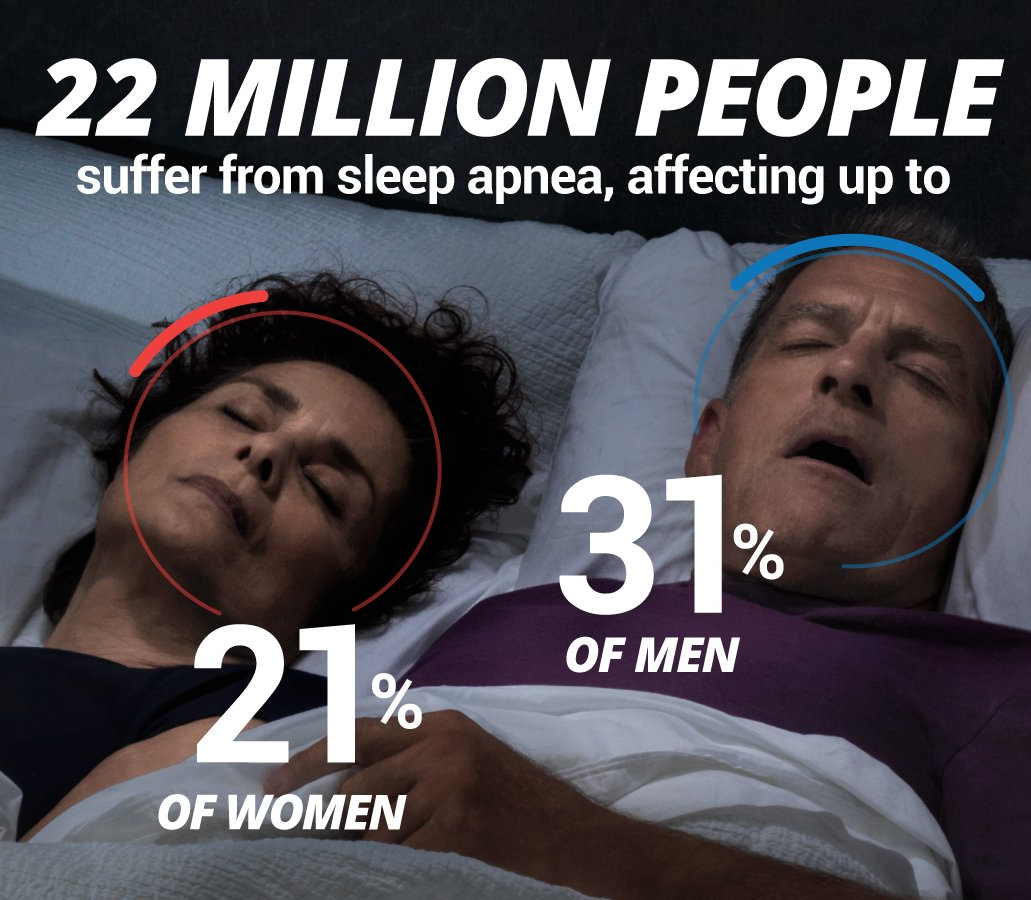
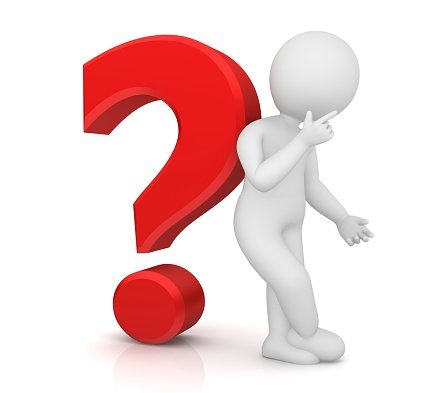


Sleep Apnea Tied to Mood Disorders
People with obstructive sleep apnea were more likely to be diagnosed with depression or anxiety than those without the condition.
For the new study, in JAMA Otolaryngology—Head & Neck Surgery , researchers enrolled 197 Korean men and women diagnosed with O.S.A. and 788 people without the syndrome matched for age, sex, and health and socioeconomic characteristics. None of the 985 participants had been diagnosed with depression, bipolar illness or an anxiety disorder before the start of the study. The researchers followed them for an average of nine years.
Over the course of the study, people with O.S.A. were nearly three times as likely to be diagnosed with depression, and almost twice as likely to be diagnosed with anxiety as those in the control group. Women with O.S.A. were more likely than men to develop a mood disorder. The reason for the association is unknown.
The researchers had no information about the use of positive airway pressure devices or oral appliances used to treat sleep apnea, so they could not determine whether treatment would reduce the risk. Still, they write, “studies that investigate O.S.A. management and the risk of developing affective disorders may yield strategies for effective prevention and intervention practices.”






